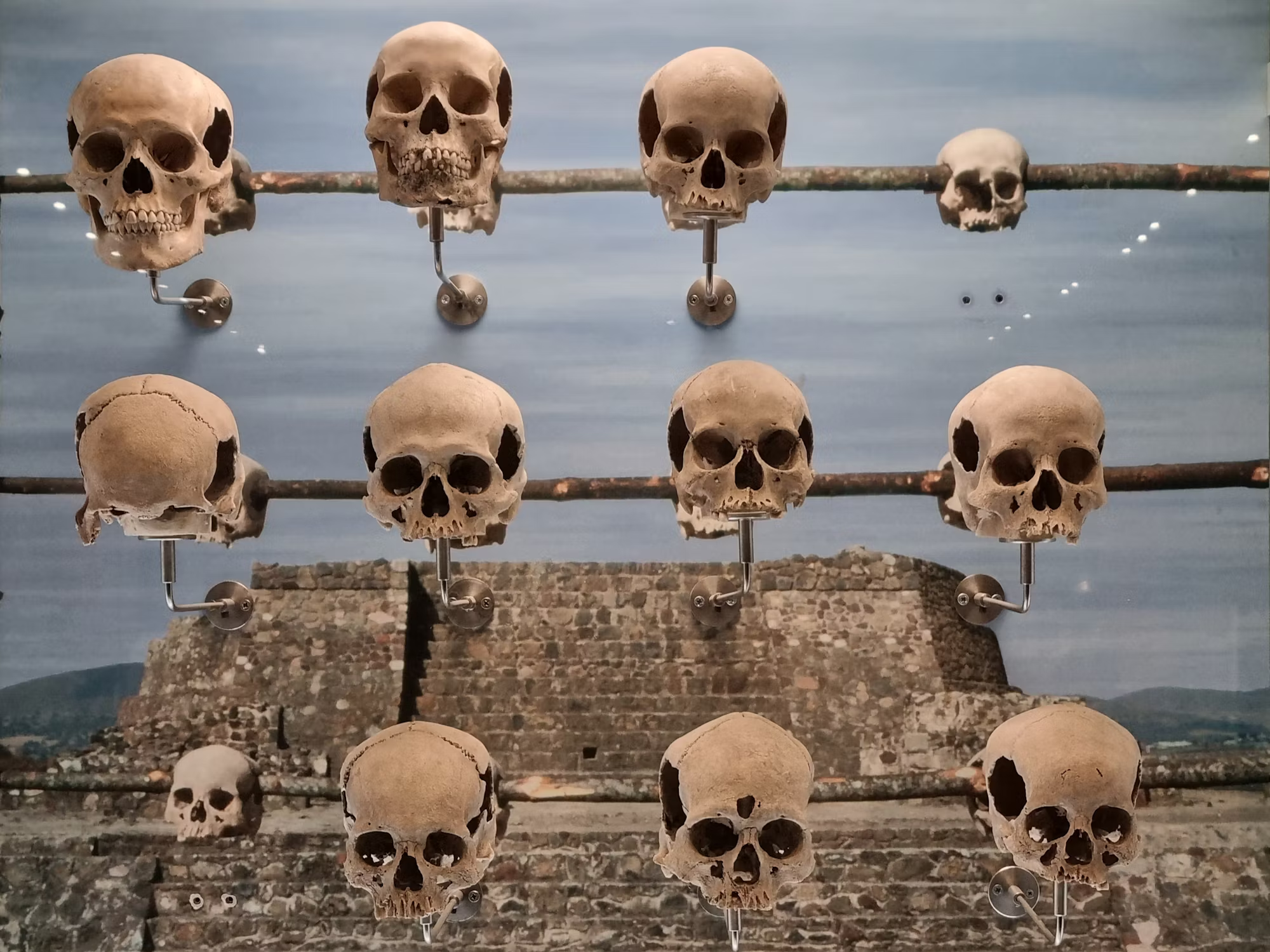Role-playing games (RPGs) have captivated the hearts and minds of gamers for decades, allowing players to immerse themselves in fantastical worlds and embody unique characters. From the early days of tabletop gaming to the expansive digital realms of today, RPGs have evolved significantly, offering rich narratives and intricate gameplay mechanics. This article delves into the history, development, and cultural impact of RPGs, highlighting their enduring appeal and the unique experiences they provide.
The origins of RPGs can be traced back to the 1970s with the advent of tabletop games, most notably Dungeons & Dragons (D&D). Created by Gary Gygax and Dave Arneson, D&D introduced players to a collaborative storytelling format where they could assume the roles of heroes embarking on epic quests. The game combined elements of strategy, improvisation, and creativity, fostering a sense of camaraderie among players as they navigated imaginative landscapes guided by a Dungeon Master (DM). This innovative approach laid the groundwork for a genre that would expand far beyond its tabletop roots.
As RPGs gained popularity, so did the variety of games available. The 1980s and 1990s saw the emergence of computer and console RPGs, bringing the genre to a broader audience. Titles like Final Fantasy and The Legend of Zelda introduced players to expansive worlds filled with quests, characters, and complex narratives. These games utilized engaging storytelling and character development, allowing players to connect with their avatars on a deeper level. The shift from tabletop to digital formats also introduced new gameplay mechanics, such as turn-based combat and character leveling, enhancing the immersive experience.
One of the most significant developments in the RPG landscape is the emergence of Massively Multiplayer Online Role-Playing Games (MMORPGs) in the late 1990s. Games like EverQuest and World of Warcraft revolutionized the genre by enabling thousands of players to interact in a shared online universe. These expansive worlds offered endless opportunities for exploration, collaboration, and competition. The social aspect of MMORPGs created vibrant communities where players forged friendships, formed guilds, and participated in epic battles, transforming the way RPGs were experienced.
The narrative depth of RPGs has also evolved considerably over the years. Modern RPGs often feature intricate plots, branching storylines, and morally complex choices that affect the outcome of the game. Titles like The Witcher series and Mass Effect invite players to make decisions that shape not only their character’s journey but also the fate of entire worlds. This level of agency empowers players and fosters a strong emotional investment in the story, making each playthrough a unique experience.
Character customization has become another hallmark of RPGs, allowing players to craft their heroes to reflect their personalities and playstyles. From intricate character creation systems to skill trees that offer diverse abilities, players can tailor their experiences in meaningful ways. This personalization adds depth and engagement, enabling players to experiment with different builds and approaches to challenges.
Additionally, the advent of indie game development has led to a resurgence of innovative RPGs that challenge traditional conventions. Games like Undertale and Hollow Knight showcase unique mechanics and storytelling techniques that resonate with players. These titles often emphasize creativity, emotional storytelling, and experimental gameplay, pushing the boundaries of what RPGs can achieve. The indie movement has also democratized game development, allowing diverse voices and perspectives to contribute to the genre’s evolution.
As RPGs continue to evolve, they are increasingly incorporating elements of social interaction and community engagement. Many modern RPGs feature cooperative multiplayer modes, allowing friends to embark on quests together. Games like Monster Hunter and Genshin Impact emphasize teamwork and collaboration, fostering a sense of unity among players. This shift towards shared experiences enriches the gaming landscape, enabling players to create lasting memories with friends and fellow gamers.
Moreover, the impact of RPGs extends beyond the realm of gaming. Many players report that their experiences in RPGs enhance skills such as problem-solving, teamwork, and creativity. The collaborative nature of tabletop RPGs encourages critical thinking and improvisation, while digital RPGs can improve strategic planning and decision-making. The social dynamics fostered in these games can also enhance communication skills and empathy, as players navigate complex narratives and character interactions.
The cultural significance of RPGs cannot be overlooked. As gaming has become more mainstream, RPGs have influenced popular culture, inspiring films, novels, and even art. Iconic characters and worlds from RPGs have become ingrained in the collective consciousness, with fans celebrating their favorite franchises through cosplay, fan art, and conventions. The rise of streaming platforms has further amplified the popularity of RPGs, as players share their adventures with audiences around the world, creating a vibrant community that thrives on creativity and collaboration.
Looking to the future, the RPG genre shows no signs of slowing down. With advancements in technology, the potential for immersive experiences continues to grow. Virtual reality (VR) and augmented reality (AR) are poised to revolutionize how RPGs are played, offering players the chance to step into their favorite worlds like never before. As developers explore these new frontiers, the possibilities for storytelling and gameplay are boundless.
In conclusion, role-playing games have evolved from their humble beginnings into a rich and diverse genre that captivates players of all ages. With their emphasis on storytelling, character development, and social interaction, RPGs offer unique experiences that resonate on both personal and cultural levels. As we continue to explore the imaginative landscapes of RPGs, we celebrate their enduring legacy and look forward to the exciting adventures that await us in the future.
